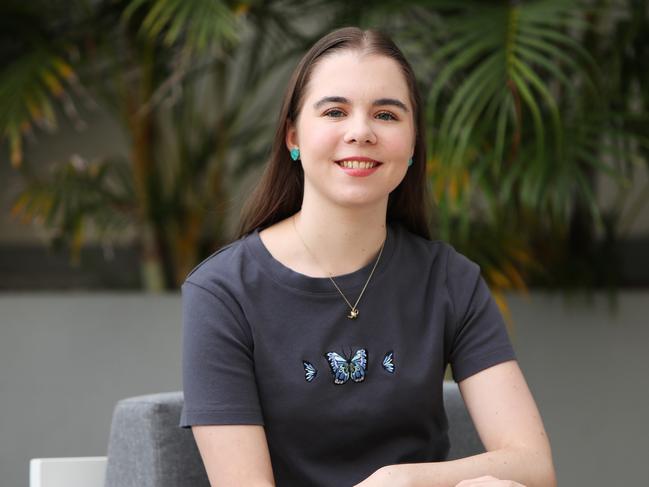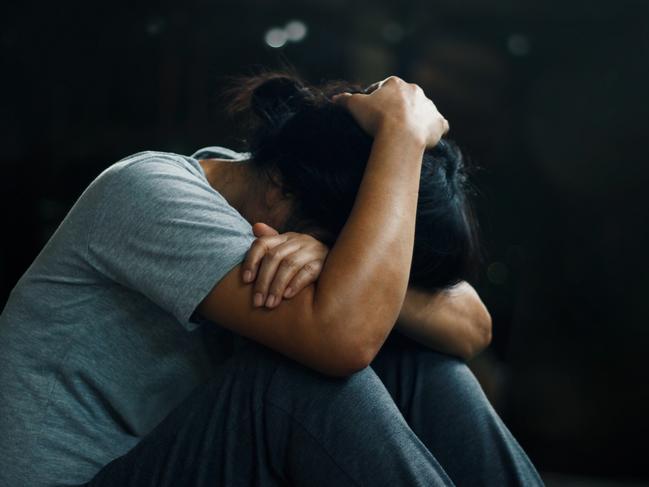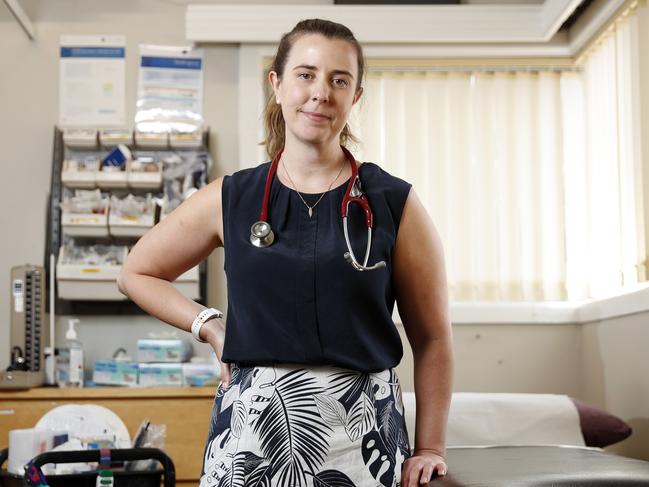GPs not supported or trained to detect eating disorders, study finds
Worrying new statistics show that less than one per cent of GP sessions in Australia are leading to a diagnosis or treatment of an eating disorder.
NSW
Don't miss out on the headlines from NSW. Followed categories will be added to My News.
Worrying new statistics show that less than one per cent of GP sessions in Australia are leading to a diagnosis or treatment of an eating disorder.
Less than one per cent of GP sessions analysed in the study provided a diagnosis or treatment to a person with an eating disorder, showing a worrying trend of patients falling through the cracks.
Alarming figures from the first national study into GP management of eating disorders found that less than 1 per cent of more than 1.5 million GP encounters between 2001 and 2016 led to diagnosis or treatment for an eating disorder.
Among the small group of people who did get support, only one in three were referred to a specialist like psychologists, dietitians and nutritionists.

Study co-author and InsideOut Institute Director Dr Sarah Maguire said GPs are not supported or trained adequately to detect eating disorders.
“Our GPs are trying to do everything and they can’t be experts on everything. (The figures) are critically low,” she said.
“We cannot have them (GPs) as those gatekeepers unsupported and untrained. We need immediate investment in training and clinical support, so tools and platforms that work within the existing structures, so that the screening and assessment instruments are available to them.”
She expects the figures to improve slightly in the time since the reporting period, due to the introduction of eating disorder specific mental health plans in 2019.

But said the rise would not be a significant one.
“We need to make it much easier for GPs to do this in their 15-minute blocks and we need to train them,” she added.
Australian Medical Association NSW President Dr Danielle McMullen said another barrier to diagnosis was the false belief that all people with an eating disorder have to be underweight.
”(There is a) misconception is that everyone who has an eating disorder is underweight. So we miss a whole heap of people because doctors or healthcare professionals are expecting someone underweight,” she said.
“People who are at or above a healthy weight may not be taken as seriously.”
Maroubra student Sophie Smith was diagnosed with other specified eating and feeding disorder in 2017 after first having symptoms in 2013.

The 23-year-old’s symptoms are aligned with anorexia nervosa but not exactly the same, putting her in a category that is even harder to diagnose.
“I was restricting my eating … (and) I hadn’t had my period for a long time. I went to a few GPs and they said the period will come back eventually. No one asked me about my eating patterns,” she said.
“They once talked about the possibility of Polycystic Ovary Syndrome but then when that wasn’t correct they just left it and said it was a mystery. I was even weighed once but because I was in a healthy BMI, no one thought it was an ED.”
After a friend raised that her behaviours may be the sign of an eating disorder, she contacted a psychologist and was diagnosed officially.
“It was never picked up in a GP setting. I have been in recovery for three years with the help of a psychologist who specialises in eating disorders. I also saw a dietitian. Normally you’re meant to have GP co-ordinate it all but I did it myself.”





